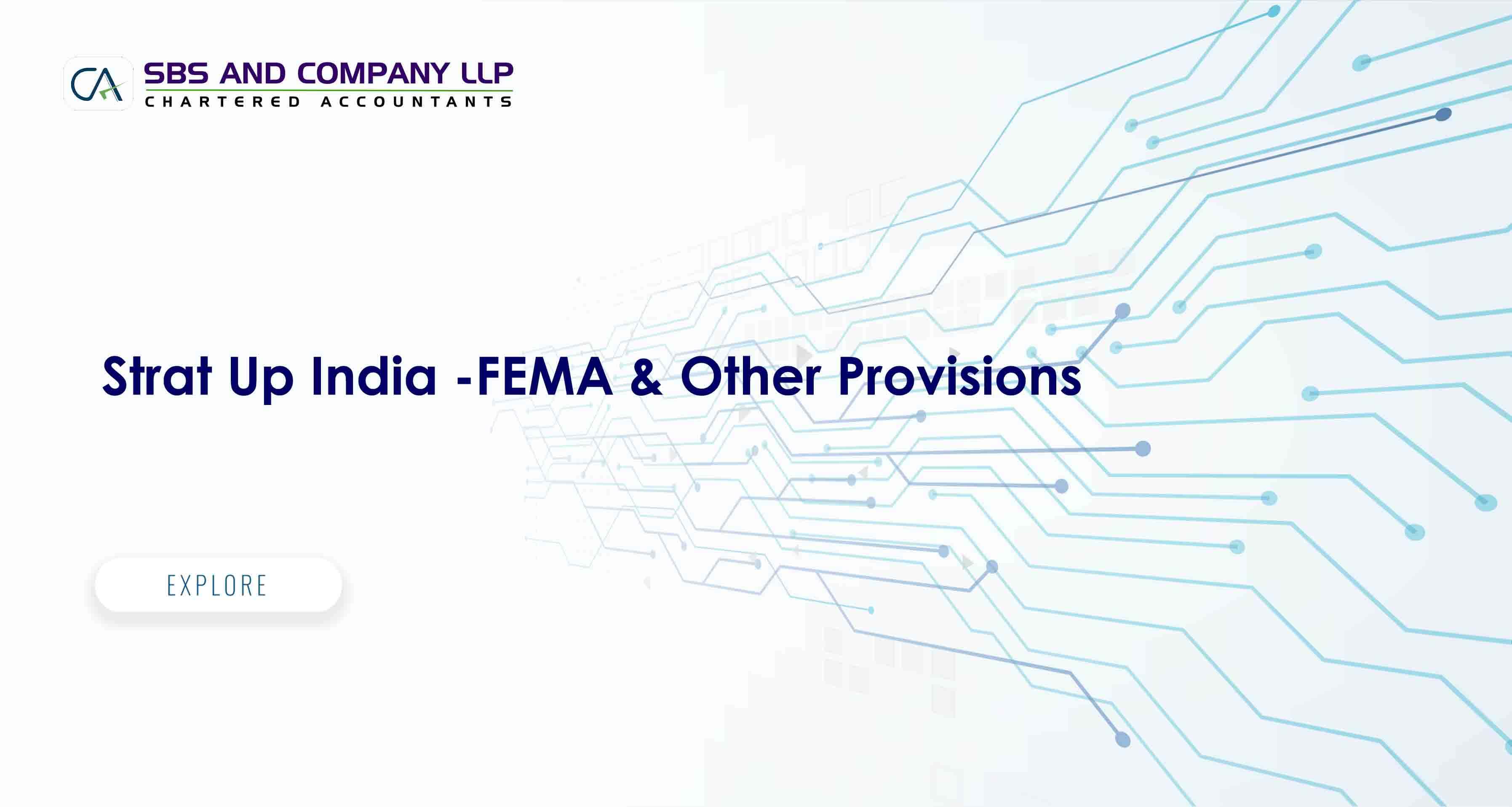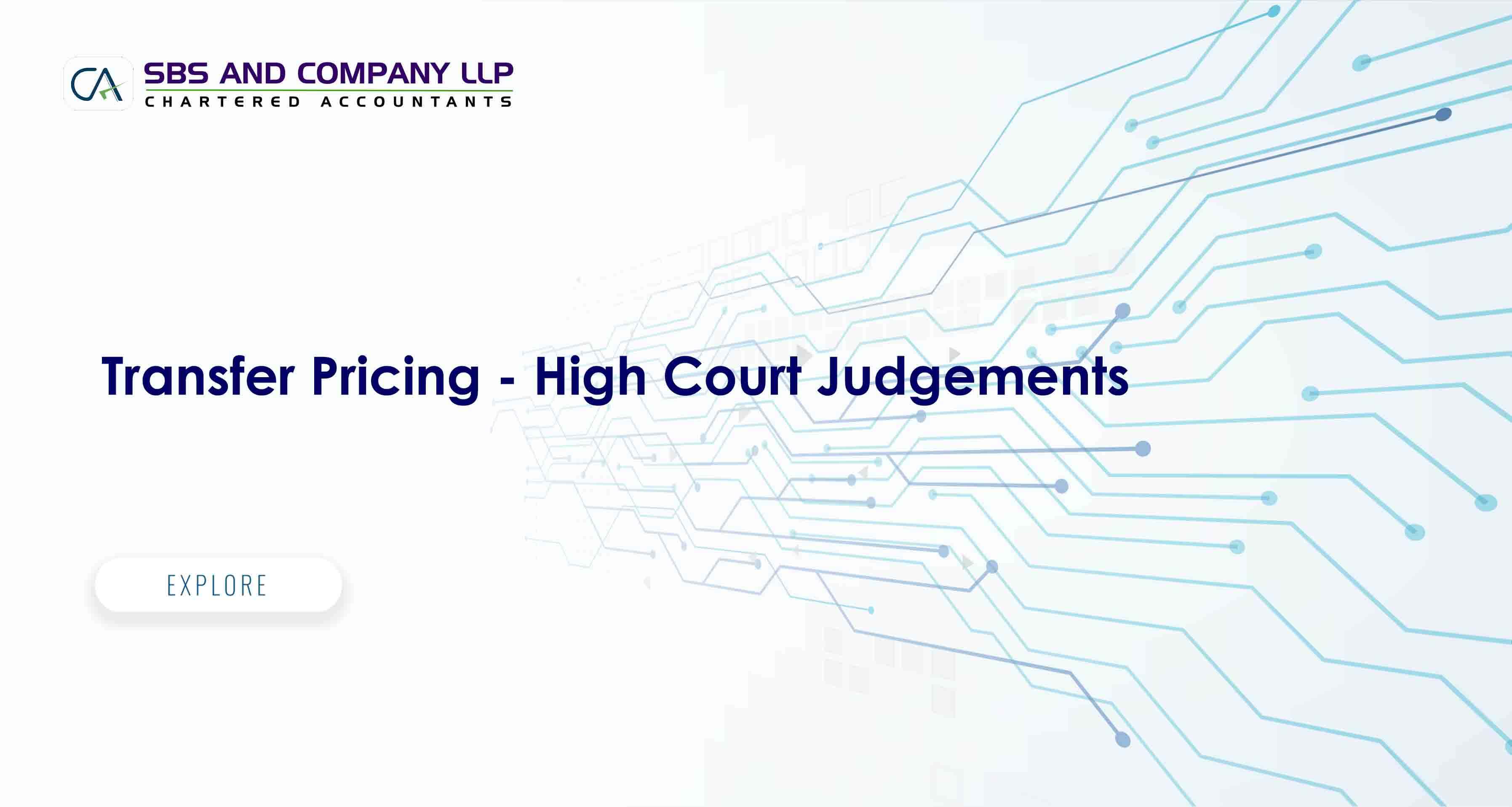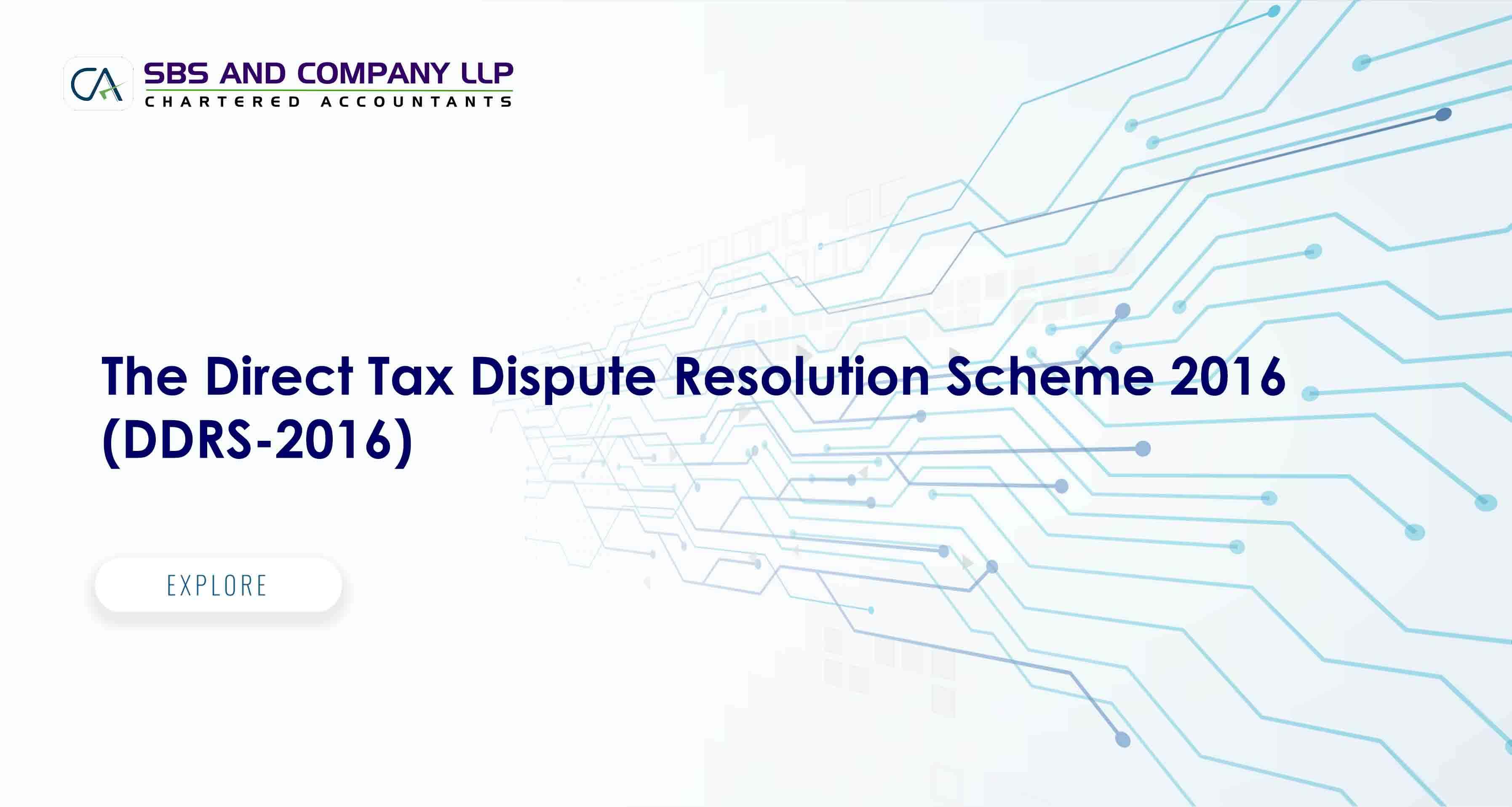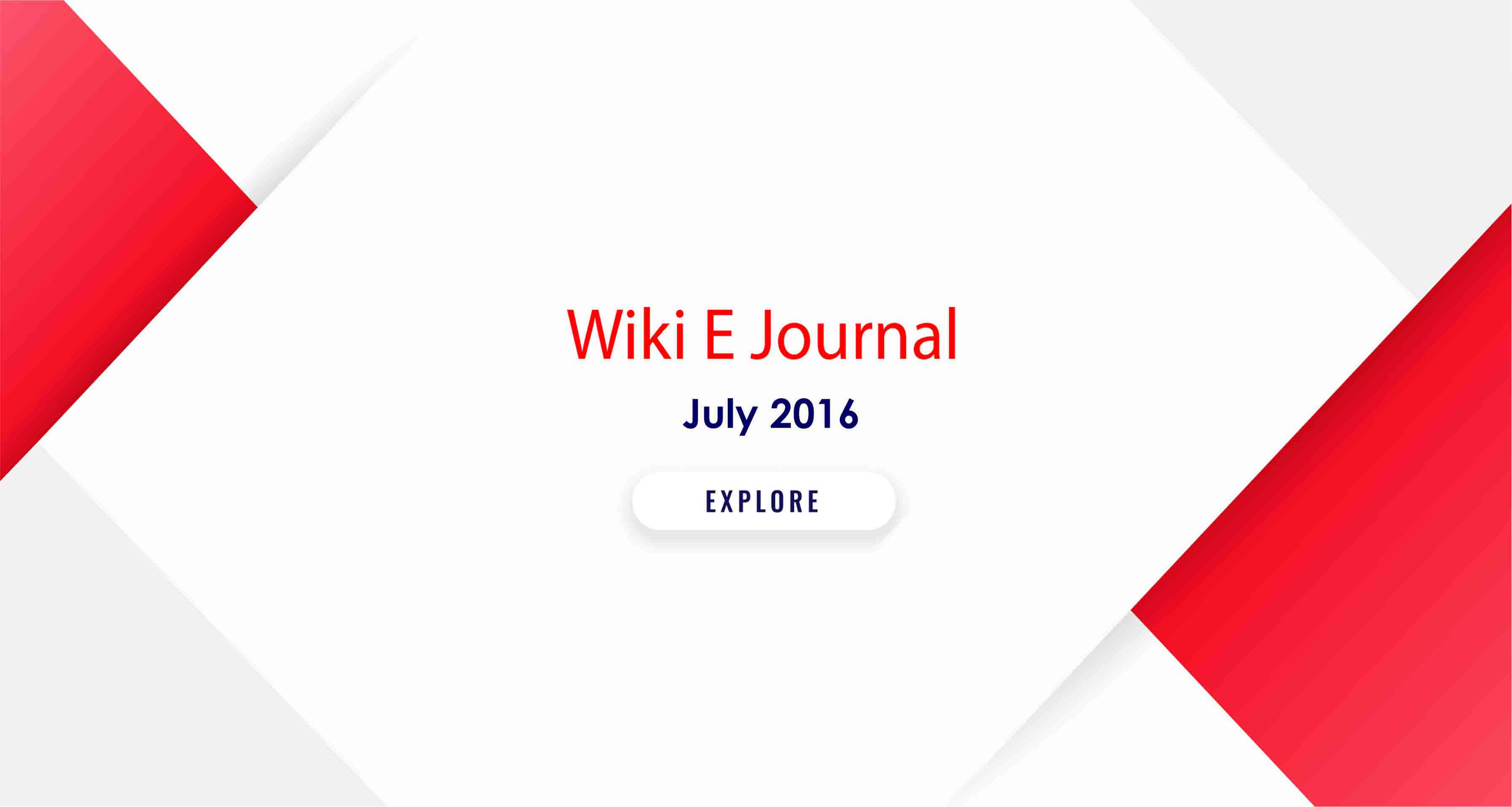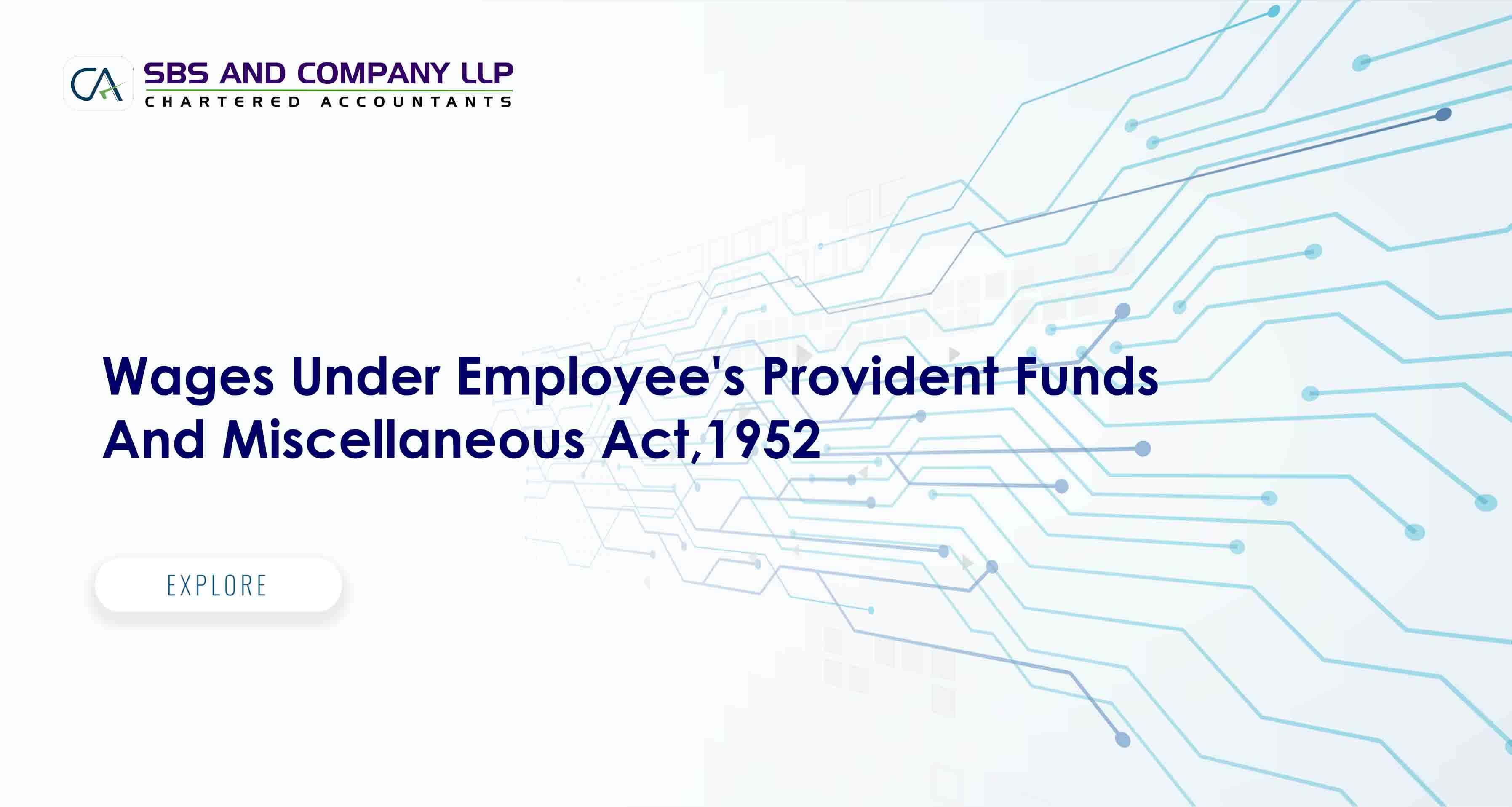To foster entrepreneurship and promoting innovation, the “Startup India” initiative was launched by the Prime Minister of India, Shri Narendra Modi on January 16, 2016 at Vigyan Bhavan, New Delhi. As part of the event, a Startup India Action Plan was released. Subsequently many steps were taken by various ministries/ regulators in this direction to implement the plan. The Action Plan proposes a 19-point action list which will enable setting up of incubation centres, easier patent filing, tax exemption on profits, setting up a Rs.10,000 crore corpus fund, ease of setting-up of business, a faster exit mechanism, among others.
The initiative of the Government of India is to build a strong eco-system for nurturing innovation in order to accelerate economic growth and generate employment opportunities.
In this article the author has made an attempt to summarise the concept, benefits under various laws and way forward for the Start Up entities in India
1.1 Legal Framework:
The DIPP1 has issued Notification2 to define the concept of Startup entities. The criteria fixed by this notification (including its amendments from time to time) are adopted by all the government department(s)/ regulator(s) etc., for various purposes.
1.2 Criteria for Startup entities
An entity3 shall be considered as a ‘startup’-
- Up to five years from the date of its incorporation/registration,
- If its turnover4 for any of the financial years has not exceeded Rupees 25 crore , and
- It is working towards innovation, development, deployment or commercialization of new products, processes or services driven by technology or intellectual property;6
Provided that any such entity formed by splitting up or reconstruction of a business already in existence shall not be considered a ‘startup’;
Provided further that in order to obtain tax benefits a startup so identified under the above definition shall be required to obtain a certificate of an eligible business from the Inter-Ministerial Board of Certification (“IMB) 7
Present IMB consists of:
- Shri Shailendra Singh, Joint Secretary, DIPP
- Alka Sharma, Director/Scientist ‘F’, Department of Biotechnology, an
c)Shri H.K. Mittal, Head, Innovation/Entrepreneurship& National Science& Technology Entrepreneurship Development Board, Department of Science & Technology
1.3 The process of recognition as a ‘startup’
Through mobile app/portal of the DIPP 8. Startups will be required to submit a simple application with any of following documents:
- a recommendation (with regard to innovative nature of business), in a format specified by DIPP, from any Incubator established in a postgraduate college in India; or
- a letter of support by any incubator which is funded (in relation to the project) from Government of India or any State Government as part of any specified scheme to promote innovation; or
- a recommendation (with regard to innovative nature of business), in a format specified by Department of Industrial Policy and Promotion, from any Incubator recognized by Government of India; or
- a letter of funding of not less than 20 per cent in equity by any Incubation Fund/Angel Fund/Private Equity Fund/Accelerator/Angel Network duly registered with SEBI that endorses innovative nature of the business. Department of Industrial Policy and Promotion may include any such fund in a negative list for such reasons as it may deem fit; or
- a letter of funding by Government of India or any State Government as part of any specified scheme to promote innovation; or
- a patent filed and published in the Journal by the Indian Patent Office in areas affiliated with the nature of business being promoted.
1.4 Penalty in case of false information:
If on subsequent verification, such recognition is found to be obtained without uploading the document or uploading any other document or a forged document, the concerned applicant shall be liable to a fine which shall be fifty per cent of paid up capital of the startup but shall not be less than Rupees 25,000.
Benefits/ supportive measures taken under various laws:
2.1 Foreign Exchange Management Act, 1999 (“FEMA”)
- Opening of FC/EEFC Account
- RBI9 has permitted Indian Startups:
- having an overseas subsidiary, to open a foreign currency account with a bank outside India for the purpose of crediting to the account the foreign exchange earnings out of exports/sales made by the said startup or its overseas subsidiary. The balances held in such accounts, to the extent they represent exports from India, shall be repatriated to India within the period prescribed for realization of exports
- to open EEFC10 account maintained in India with the Authorised Dealers for crediting the payments received in foreign exchange arising out of sales/ export made by the startup or its overseas subsidiaries
- RBI has expressed to carry slew of following measures to support the Startup initiatives of GOI
- Enabling start-up enterprises, irrespective of the sector in which they are engaged, to receive foreign venture capital investment and also explicitly enabling transfer of shares from Foreign Venture Capital Investors to other residents or non-residents;
- Permitting, in case of transfer of ownership of a start-up enterprises, receipt of the consideration amount on a deferred basis as also enabling escrow arrangement or indemnity arrangement up to a period of 18 months;
- Enabling online submission of A2 forms for outward remittances on the basis of the form alone or with document(s) upload/submission, depending on the nature of remittance; and
- Simplifying the process for dealing with delayed reporting of FDI related transaction by building a penalty structure into the regulations itself.
- Issue of shares without cash payment through sweat equity or against any legitimate payment owed by the company remittance of which does not require any permission under FEMA
2.2 Income Tax Laws:
- Insertion of new section 54EE for exempting Capital Gain on long term capital asset and invested in eligible units of AIF
- A new section has been inserted to permit the exemption of long term capital gain arising out of transfer of capital asset if the investment is made in specified units of Alternative Investment Funds (AIF) on or after 1st April, 2016, within 6 months of transfer of capital asset.
- The exemption is restricted on proportion basis of investment Vs Sale proceeds received
- The maximum amount that can be invested is restricted to Rs. 50 Lakhs
- The benefits is restricted for investment made upto 31/03/2019
- Insertion of new sub-section 5 under section 54GB
- A new sub-section has been inserted to permit exemption of long-term capital gain arising out of transfer of capital asset if the investment is made in specified units of Alternative Investment Funds (AIF) on or after 1st April, 2016, within 6 months of transfer of capital asset.
- In both the cases the word “Specified Units” means investment into equity shares of eligible startup unit as defined herein above.
- Exemption of tax on difference between the allotment price and FMV under section 56 (2) (viib) of the Act
- A new explanation has been added under section 56 (2) (viib) of Act, to exempt the difference between Issue price and Fair Market Value, from being considered as taxable income under Other Sources. Due to this amendment the Startup entity can issue shares to residents at premium than the Fair Market Value, without any tax burden11
- Exemption of tax on Profits of the entity for 3 years u/s 80-IAC of the Act
- A new section has been added after section 80-IAB of Act, to exempt the tax on 100% profits of Startup entity
- The benefit is applicable for profits earned from the fiscal year 2016-17
- The maximum period of tax benefit is given for 3 consecutive financial years out of 5 years of incorporation/ registration of startup entity. The entity has option to choose the beginning period of exemption
- Exemption is subject to non- distribution of dividend by the Startup.
- The startup entity shall fulfill the eligibility criteria listed by DIPP, and should have been incorporated between 01-04-2016 and 31-03-2019
- However the startup entity has to pay MAT/AMT12 under section 115JB/115JC, as the case may be, of the Act.
- Further, existing capital gains exemption for investment in newly formed manufacturing Micro, Small and Medium Enterprises (MSMEs) by individuals shall be extended to all Startups.
- For Startups, investment in computer or computer software (used in core business activity) to qualify as purchase of “new assets”.
2.3 Labour laws:
The Union Government has simplified the legal compliance under various labour laws, as detailed below:
- Engaging Apprentices 13
The entity is permitted to recruit apprentices in a band of 2.5% - 10% of total strength (including contractual workers). The Startup entity is eased from inspection based on the following criteria:
|
Period |
Particulars of Inspection |
|
|
|
|
1st Year |
Inspection is completely dispensed with based on the self-certification |
|
|
|
|
2nd - 5th Year |
Inspection only when very credible and verifiable complaint of violation |
|
|
has been filed in writing and the approval has been obtained from |
|
|
concerned Apprenticeship Adviser |
|
|
|
|
6th Year onwards |
As per Apprentices Act, 1961 |
|
|
|
- Relaxation under various other Labour Laws
|
Sl. No. |
|
Name of the Law |
|
Referred as |
|
Implementing Agency |
|
|
|
|
||||
|
|
|
|
(Central / State) |
|||
|
|
|
|
|
|
|
|
|
|
|
|
|
|
|
|
|
1 |
|
The Industrial Disputes Act, 1947 |
|
ID Act |
|
|
|
|
|
|
|
|
|
|
|
2 |
|
The Trade Unions Act, 1926 |
|
TU Act |
|
|
|
|
|
|
|
|
|
|
|
3 |
|
The Building and Construction Workers’ |
|
BOCW Act |
|
|
|
|
|
(Regulation of Employment and Conditions of |
|
|
|
|
|
|
|
Service) Act, 1996 |
|
|
|
|
|
|
|
|
|
|
|
Central and State |
|
4 |
|
The Industrial Employment (Standing Orders) Act, |
|
SO Act |
|
|
|
|
|
1946 |
|
|
|
|
|
5 |
|
The Inter State Migrant Workmen (Regulation of |
|
ISMW Act |
|
|
|
|
|
Employment and Conditions of Service) Act, 1979 |
|
|
|
|
|
|
|
|
|
|
|
|
|
6 |
|
The Payment of Gratuity Act, 1972 |
|
Gratuity Act |
|
|
|
|
|
|
|
|
|
|
|
7 |
|
The Contract Labour (Regulation and Abolition) |
|
CLRO Act |
|
|
|
|
|
Act, 1970 |
|
|
|
|
|
8 |
|
The Employees’ Provident Fund and |
|
EPF Act |
|
|
|
|
|
Miscellaneous Provisions Act, 1952 |
|
|
|
Central |
|
9 |
|
The Employees’ State Insurance Act, 1948 |
|
ESI Act |
|
|
|
|
|
|
|
|
|
|
|
The Startup entity is eased from inspection based on the following criteria: |
|
|
|
|
|
|
|
Period |
Particulars of Inspection of state level authority |
|
|
|
|
|
|
1st Year |
Inspection under BOCW, ISMW Act, Gratuity Act, CLRO, is completely |
|
|
|
dispensed with based on the online self-certification |
|
|
|
|
|
|
2nd - 3rd Year |
Inspection under the aforesaid laws, only when very credible and |
|
|
|
verifiable complaint of violation has been filed in writing and the approval |
|
|
|
has been obtained from at least one level senior to the inspecting officer |
|
|
|
|
|
|
th |
As per respective law |
|
|
4 Year onwards |
|
|
|
|
|
|
Compliance pertaining to 6 labour and 3 environmental laws will be allowed to be self-certified through the Startup mobile app.
Startups classified as White Category as defined by the Central Pollution Control Board will be allowed self- certification under environmental laws, with only random checks proposed.
2.4 Fast Track exit under Insolvency and Bankruptcy Code, 201614
As per Section 55 to 58, the startup entity is eligible for fast track corporation insolvency resolution process and the exit process may be completed within 90 days of commencement date of process unless otherwise sought for extension by the entity etc.
2.5 Government Support for establishing Incubation Centres
- AIM/ATL, NITI Aayog
As per the Atal Innovation Mission/ Atal Tinkering Labs, NITI Aayog, Government of India, the Central Government has issued guidelines in May, 2016 for extending the support for establishing incubation centres/ tinkering labs at various places in India
- NIDHI, NSTEDB
As per the NIDHI, NSTEDB, Government of India, the Central Government has issued guidelines in April, 2016 for extending the support for 20 student start up entities with a maximum amount of Rs. 10.00 Lakhs each, which will be given as ignition grant/award, subject to the conditions stated therein.
2.6 Establishment of Fund of Funds with a corpus of Rs.10,000 crore
Government to set up a Fund with an initial corpus of Rs.2,500 crore and a total corpus of Rs.10,000 crore over a period of 4 years.
Such Fund will not invest into Startups directly, but shall participate in the capital of SEBI registered Venture Funds.
The Venture Fund may obtain up to a maximum of 50% of the fund size from the Fund of Funds, provided it has already raised the balance 50% of the stated fund size. Such Fund will be managed by a Board with private professionals drawn from industry bodies, academia, and successful Startups.
2.7 Relaxation of norms for procurement from Startup entities
Ministry of Micro, Small and Medium Enterprises has issued a policy circular No. 1(2)(1)/2016-MA, dated 10th March, 2016 to all central ministries, central PSUs, departments etc., to convey that in case of procurement of goods on prior experience basis is relaxed in case of procurement of goods from startup entities subject to certain conditions stated therein.
Conclusion:
By initiating so many measures, the Union Government expects that the India becomes major player for home grown start ups and the mission of Make-in India, skill india etc., can be achieved. The Action Plan has certainly addressed key concerns, like simplifying the process to obtain certain regulatory registrations and approvals by rolling out the proposed Mobile App and Portal, enabling faster exits from a regulatory perspective, providing funding support and credit guarantee for Startups, and permitting certain specified tax benefits.


